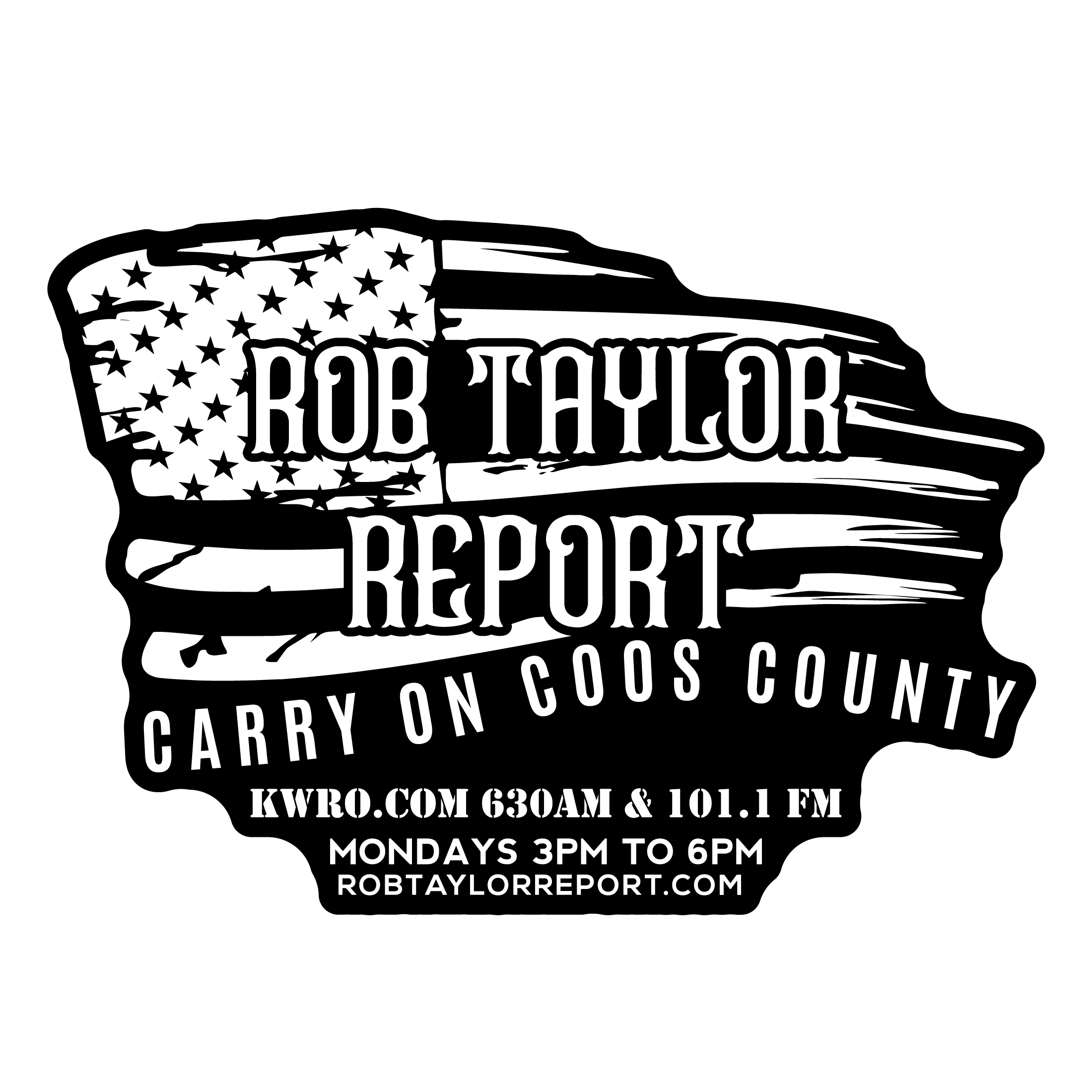Brookings Offshore Wind Comment
9-28-23 Brookings Offshore Wind Comment
My name is Leonard Krug. I serve as the President of the Oregon Anglers Alliance, a Board member of the Oregon Sportsman's Conservation Partnership, and the Pacific Fisheries Management Council's Habitat Advisory Committee. Serving as a director for the Oregon South Coast Fishermen out of Brookings, this testimony is on behalf of the Oregon South Coast Fishermen.
Oregon has not produced a plan for Offshore Wind. We have set aspirational goals only, with little thought as to where we are headed in regard to finances and the environment.
· The Oregon and Coos Bay Wind Areas are projected to have a maximum output rating of 3 Giga-Watts, 1 for Coos Bay, 2 Giga-Watts for Brookings. But wait, that's 2 GW's of MAXIMUM rated output potential. The operational reality is 40% of max. output. That's about 1 Giga-Watt.
· The state of California's annual electrical consumption is approximately 300,000 Giga-Watts. The total annual consumption for the nation is @ 4,000 Terawatts, or roughly 61,000 Megawatts an hour. Does it make sense to move forward, placing our environment at a very high level of risk for a possible return of 1 Giga-Watt?
· There is a "Feed in Tariff" clause incorporated into the contract with Federal and State governments that guarantees investors be compensated at above market price. Additionally, the investor will pass on such costs to the citizenry as bringing the power onshore, upgrading electrical infrastructure to accommodate increased loading, and installing smart technology to allow for the wind generation to be integrated with the national grid. And finally, the tax-payer/ratepayer will be fiscally responsible for any costs associated with salvaging storm related damages, or underproduction of generation. Please use the link provided below for more info on feed and Tariffs. https://www.google.com/url?sa=t&rct=j&q=&esrc=s&source=web&cd=&cad=rja&uact=8&ved=2ahUKEwjd_6CTvcaBAxUPLzQIHXzOAk0QFnoECB0QAw&url=https%3A%2F%2Fwww.investopedia.com%2Fterms%2Ff%2Ffeed-in-tariff.asp&usg=AOvVaw27oYWNBSaMkEik-KNDGYnS&opi=89978449
· If you are an investor, this is a financial dream that could only be realized by a union of government and private industry. If you are simply a ratepayer and/or taxpayer, it is a huge financial liability and will likely be a hardship. One need only look to our east coast with the provided hyperlinks to know that their windfarms and their citizenry are in trouble.
· https://www.reuters.com/sustainability/why-us-offshore-wind-industry-is-doldrums-2023-09-06/
https://www.marinelink.com/news/serious-a-problem-cost-issue-us-offshore-507736
Mike Graybill;
" Ratepayers will certainly be on the hook to pick up the tab for the rapid increase in the cost of materials, increased cost of capital and last but not least the profits that the wind energy giants have built into their cost of doing business.
This article makes it clear that the governors of states that have made commitments to offshore wind are expecting ratepayers to swallow some of the inflated costs but they are also looking to the federal government for additional subsidies and bailouts... "
https://gcaptain.com/states-beg-biden-to-bolster-offshore-wind-while-projects-flounder/
Here is another link explaining the sudden skyrocketing cost of offshore wind
These are just a snippet of the problems to be overcome. The potential environmental impacts are perhaps larger than the financial liabilities. If we are so absorbed in the extreme costs and litigation associated with OSW, we will not be as able to safeguard our ecosystem. Our cultural and socioeconomic well-being are endangered. We need to pause and be sure of where we are going before proceeding.
Related Posts:
Three Protests Opposing the Wind Turbines Off the Southern Oregon Coast — Rob Taylor Report
BLM releases Western Oregon Tribal Fairness Act Environmental Assessment — Rob Taylor Report
Interior Announces $28.4 Million In Payments To Western Oregon Counties — Rob Taylor Report
BLM ~ Jordan Cove Energy Project Planning Document Available For Public Review — Rob Taylor Report
